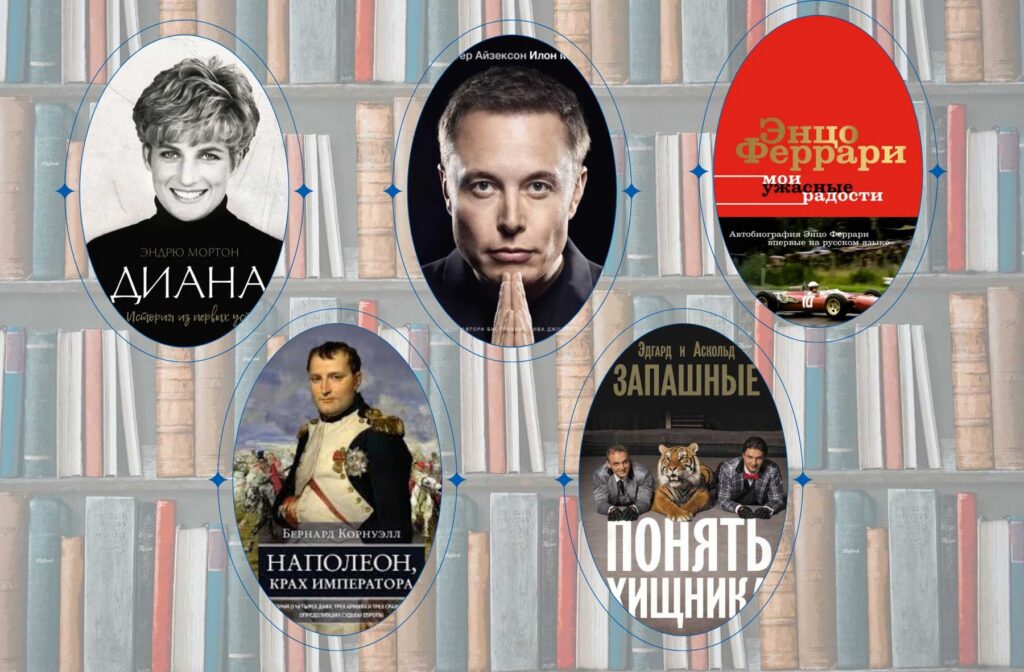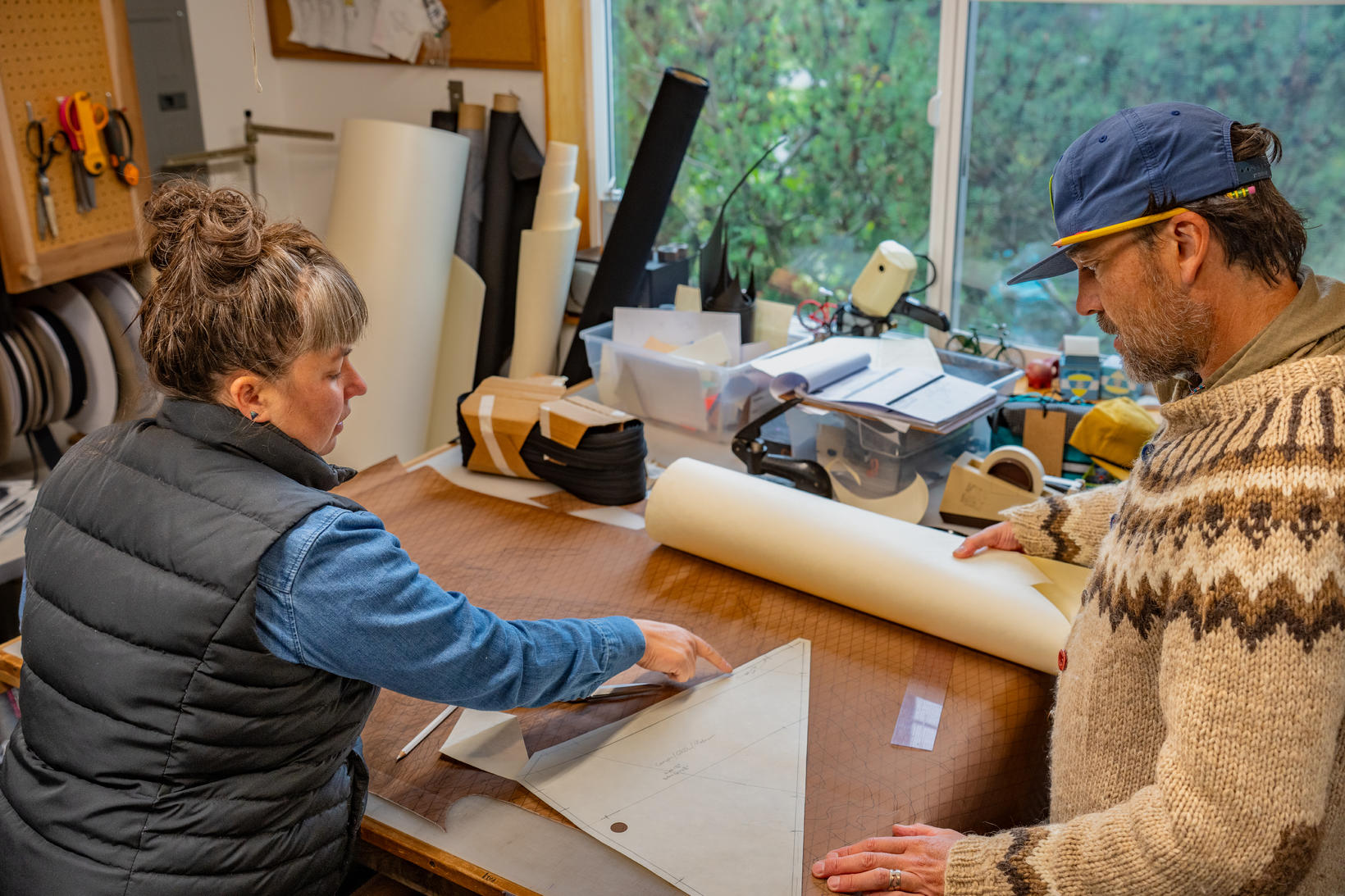The trade rights of Narva are expanding

Arnold Paul Suvalep. « History of Narva. Danish and Livonian periods. » Start Here.
The closure of the Tallinn warehouse place in Narva put the latter in a very difficult position. Naturally, Tartu, interested in trading with Russians, refused to sell his goods to Narva. Trade in the city threatened stagnation. The question of the situation was, of course, was discussed among the burgherism, and together with the Narva Vogt, it was decided to send the embassy to the master of the order in Riga. The magistrate remained aloof from this event, apparently, because he did not want to spoil the relationship with Tallinn.
Therefore, an ordinary burgger, merchant Hans Brakel, was elected the head of the embassy. Brakely at that time could be found among the Tallinn burgherism. Some representatives of the family of marriage have long moved to Narva. Probably, the idea of sending the embassy and, possibly, its financing was vigorously supported by the large Narva merchant Bernd Lemgo, since the embassy came out in defense of his interests and illuminated some issues from his point of view. It is possible that he himself participated in the embassy trip.
By Christmas, the embassy arrived in Riga and was adopted by the master of the Order of Lander von Schpanheim. The embassy introduced the master with the position that Narva occupies in trade. It also pointed out the important position of the Narva from the point of view of the security of the border and, if you act according to the requirements of the Livonian cities and ban local trade, the inhabitants will have to leave the city and the border will be left without protection. In the case of providing favorable conditions for the conduct of trade for the Narva, you can hope for a tributary in the city of new residents. The greatest desire of the embassy was, of course, that the master of the order would influence Tallinn and force him to open his own market for Narva.
The master of the order reacted to the wishes of the embassy is very benevolent. The order constantly had disagreements with Hanseatic cities due to trade with Russians. The people of the order did not miss the opportunities for trading with the Russians, and the master made sure that their rights did not infringe on. So, for example, the master of the Order of Freimersheim, granting Narva the right to monopoly trading on the Rosson River, noted in his complained letter that it is impossible to infringe on the rights of people of the Order in trade in this area. The Hansa, in turn, tried to supplant the Order and his people from the Russian market. For example, in 1397, horses and silver were confiscated at the German commercial court in Novgorod on one German on the basis that he arrived in the trading courtyard, accompanied by a merchant of the Viliandi comut, and paid the money of the order.
Tallinn still did not want to come to terms with the fact that trade in Narva flourished. It also annoyed Tartu and Riga.
However, influencing Tallinn and Hanseatic cities was not in the power of the master of the Order. All that he could do was to act as an intermediary in the organization of the meeting between the ambassadors of Tallinn and Narva, so that they agree among themselves. Therefore, he advised the Narva ambassadors to go from Riga to Prussia, to the Supreme Master of the Teutonic Order and request to provide new rights for the purchase of goods from the cities of Prussia, primarily from Danzig. The Prussian cities at that time were at enmity with the cities of the Hansa, since their rights in the Novgorod trade yard were largely infringed. In the second half of the XIV century, Prussia began to send large batches of cloth to the Novgorod market on land through the territory of Prussia and Courland, but Hanseatic cities began to repair obstacles to travel. Under the Nybrisky peace treaty, these trips on land were generally prohibited.
On December 26, 1417, the master of the Order issued a recommendation letter written in a benevolent spirit in the name of the Supreme Master of the Order, which considered issues from the point of view of Narva. Two days later, he sent a second letter to the Supreme Master, in which he also drew attention to what could happen if the country began to rule the cities, making orders and prohibitions. Residents of small cities in Sweden, like Narwe, completely freely visit Novgorod and at the same time do not meet the opposition of Tallinn and other cities of the Hansa, “our merchants (i.e. the merchants of the Livonian order) they want to oppress in every possible way,” the master wrote.
Hans Brakel was adopted by the Supreme Master in the lock of the fittings in Prussia. The Supreme Master of the Order of Michael Kitmoister was very amiable and went to meet the requests of the Narva Embassy. On January 12, 1418, he granted security letters to trade with the cities of Prussia both the city of Narve and Berndu Lemgo, the latter, however, only for one year.
The Supreme Master showed a keen interest in Narva and asked him to inform him in detail about the situation in the city. As a result, he stated that, going towards the wishes of Narva, the order should go even further. He made a written request to the master of the Livonian Order that the order could still make to strengthen the safety and well -being of the city of Narva.
But even during negotiations with Hans Brakel, a small plan was drawn up at the Supreme Master, which should be undertaken to ensure the interests of Narva. First of all, Narva was concerned about the construction of city defensive structures. Warships from Pskov could freely approach the city along the Narva River and land the army right in the Kulgu region. From here was the need to build a ward at the source of the Narva River in the place where it flows from Lake Peipsi. To cover the costs associated with construction, it was supposed to establish the so -called « pile collection » for arriving ships. The city itself needed to be embraced by a moat, which was still absent. It was also considered necessary to grant Narva the right to have his own seal and the right to put the press on wax, as was the case with Hanseatic cities. Finally, they considered it necessary to confirm all the previous city rights and privileges. Thus, the trip of Hans Brakel gave the best results.
At the congress of cities, held on January 23, 1418 in Volmar in the presence of the master of the Order, the ambassadors of Tallinn and Narva met. The fact that Tallinn prepared for this meeting very seriously indicates that the embassy included 4 members of the city magistrate. By this time, Narva received the right to make procurement in the cities of Prussia and therefore Tallinn did not make sense to continue the trade blockade against Narva, as a result of which the ban on the import of goods in Narva was lifted. Disagreements arose only on the issue of weight salt in the harbor of Tallinn: the dispute was about whether to grant the Narva merchants the right to buy salt directly from foreign ships in the harbor, or it should only be bought from Tallinn trade warehouses. Narva demanded the provision of complete freedom of action, since the costs of overloading salt from the ship to the ship were much less, while the export of salt from city trading warehouses significantly increased expenses. However, the Tallinn ambassadors defended the interests of their merchants, cabs and movers, who demanded that all cargoes with salt before sale be transported to salt warehouses. The agreements in this matter were never reached, the Tallinn magistrate promised to discuss this issue again, and the master of the order gave Tallinn the opportunity to think about the answer until Ivanov’s day.
The joy of the inhabitants of Narva was so great that Brakel immediately became the hero of the day. In 1418, he became Ratsger Narva. The cities of the Hansa became knowledgeable more benevolent to Narva in the issue of providing their warehouses for Narva goods. They said that in 1422, Narva merchants traded in the cities of Hansa and Flanders.
Tallinn still did not want to come to terms with the fact that trade in Narva flourished. This also annoyed Tartu and Riga, because in Narva several large merchants from Tallinn did not take into account common interests. Tallinn intended to again prohibit the export of goods to NARVA from March 31, and asked Tartu and Riga to also ban the trips of merchants at the mouth of the Narva and Neva River in order to persuade the Russians to the speedy conclusion of a peace treaty. However, the rest of the cities did not agree with the isolation of Narva, especially Riga. Riga considered it possible to advise merchants not to make trips to Narva, but a complete ban on all trade could lead to undesirable complications in relations with the master of the order. Since Tallinn had to abandon this plan, he resorted to the exact extent to restrict Narva trade: at the end of April, he removed all restrictions and prohibitions on trade with the Russians. This nervous step was so unexpected for overseas cities that Wiesbu, for example, sent a letter to the Tallinn Magistrate on May 7 that, having opened trade with Russian lands, Tallinn did not ask the opinions of other cities. Of course, as soon as the Novgorod market was opened, trade activity in Narva immediately fell.
In addition, Narva in the summer tried to remind Tallinn about the promises given to the master of the Order to resolve the issue of selling weight salt. In these circumstances, it was obvious that Tallinn was not interested in meeting the wishes of Narva.
(To be continued)
The Post The trade rights of Narva are expanding FIRST Appeared on gazeta.ee.







